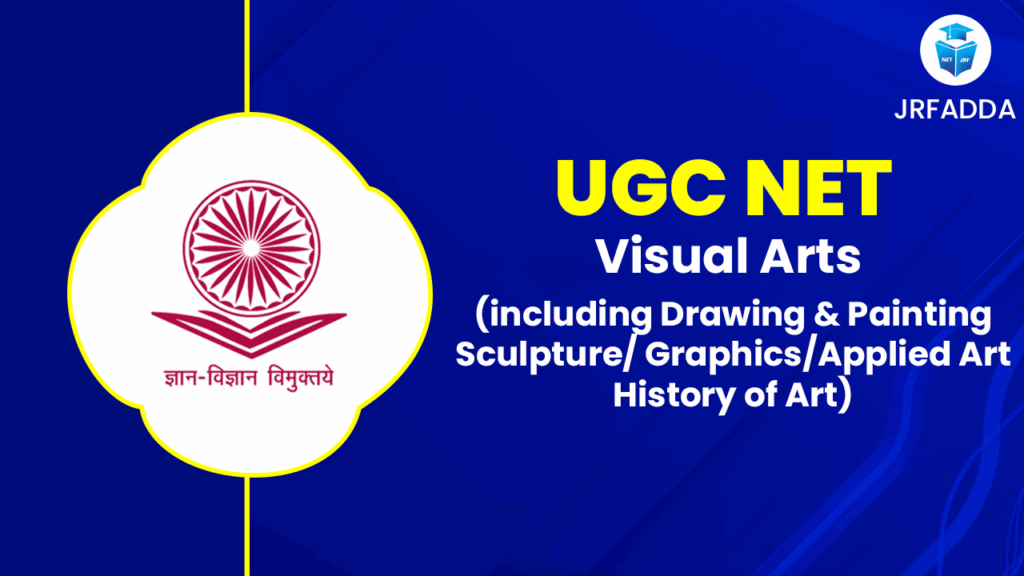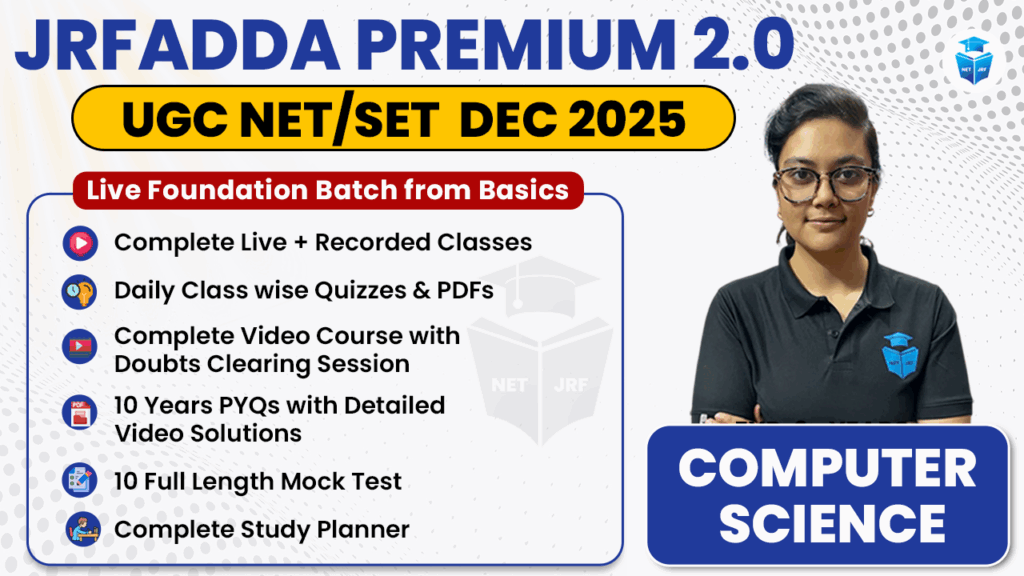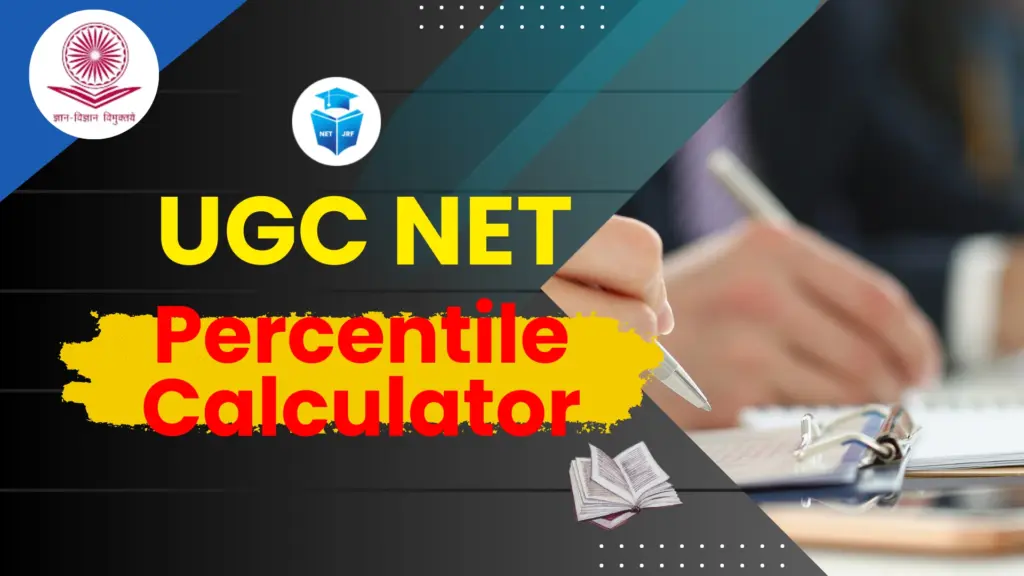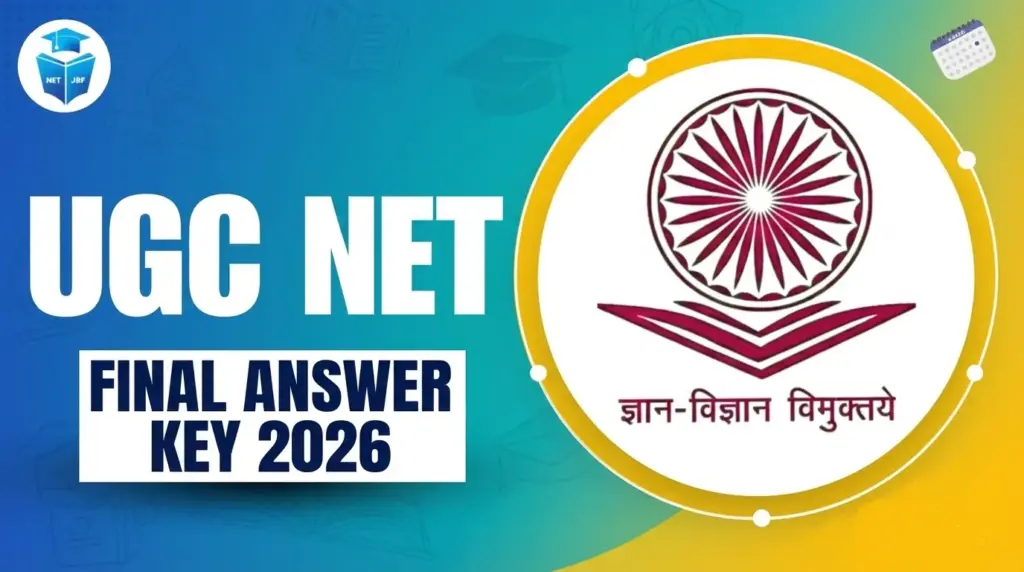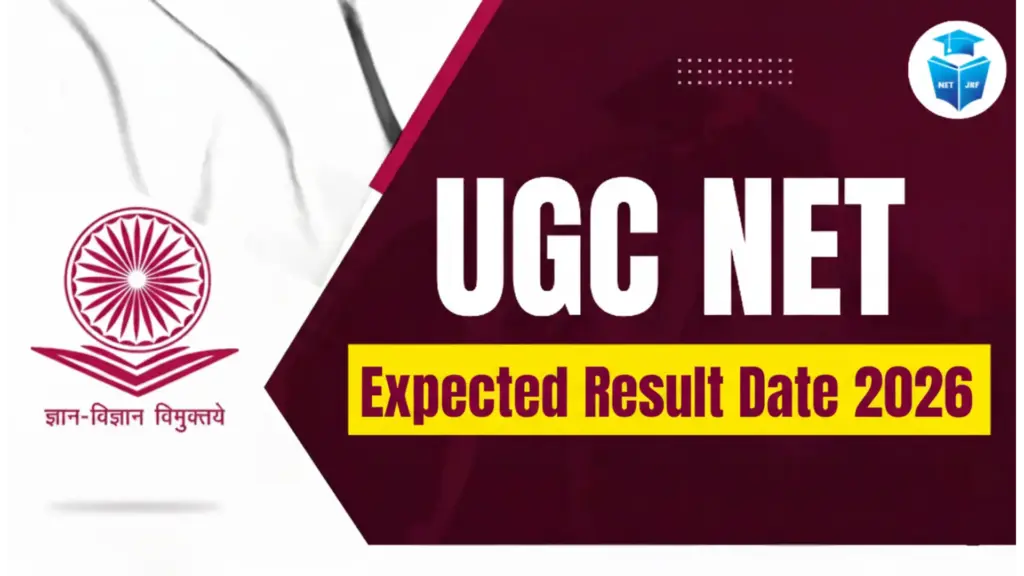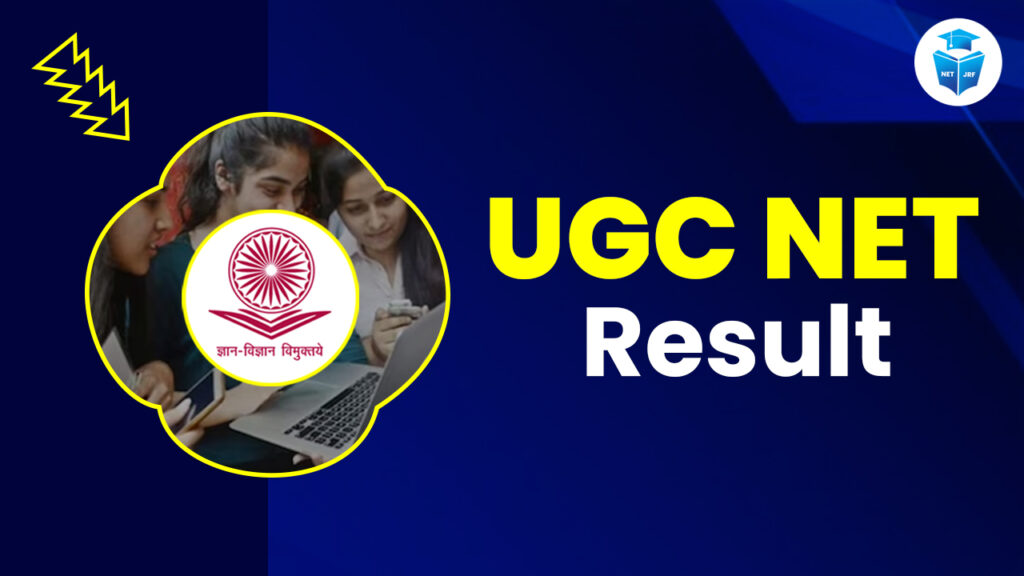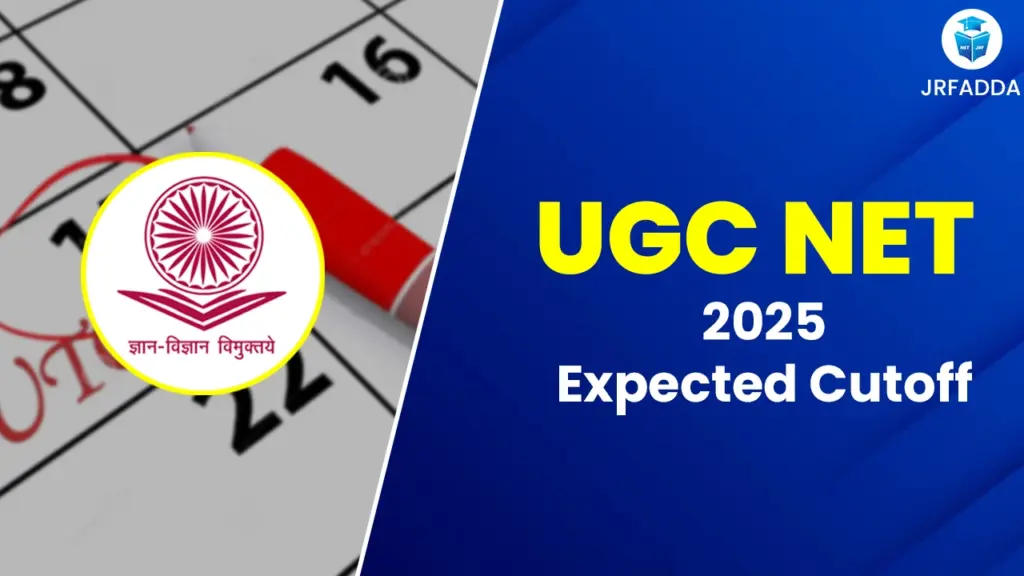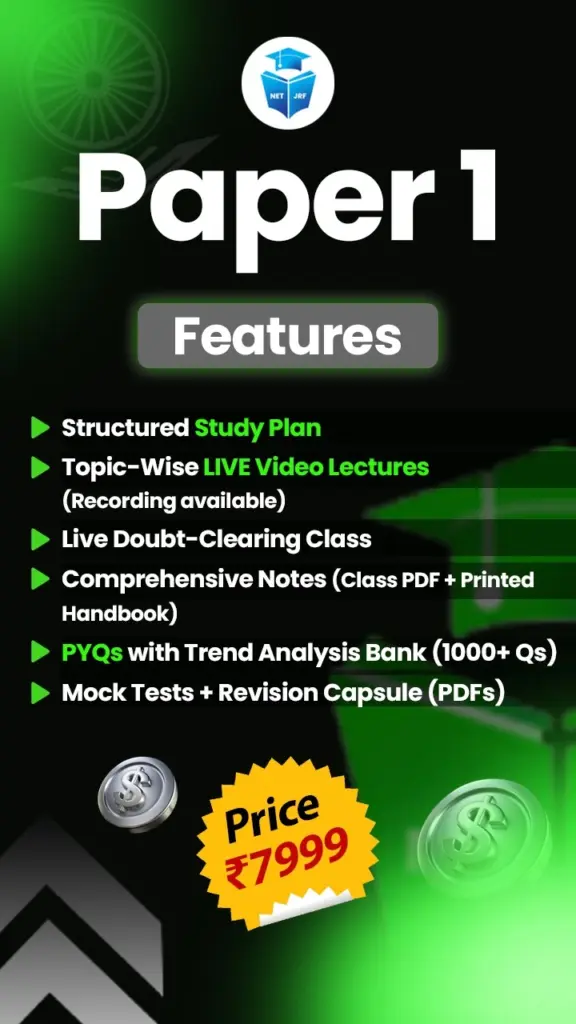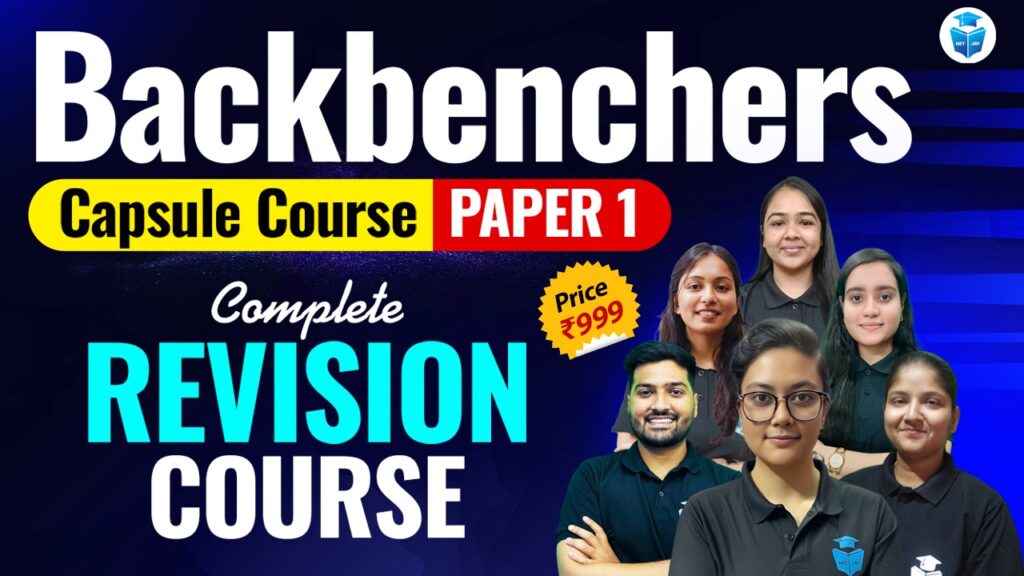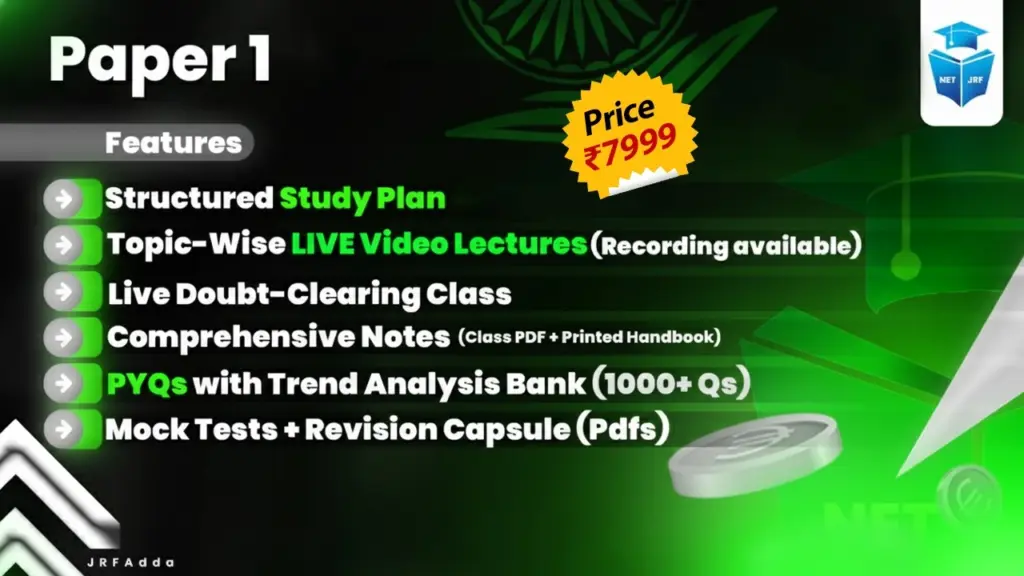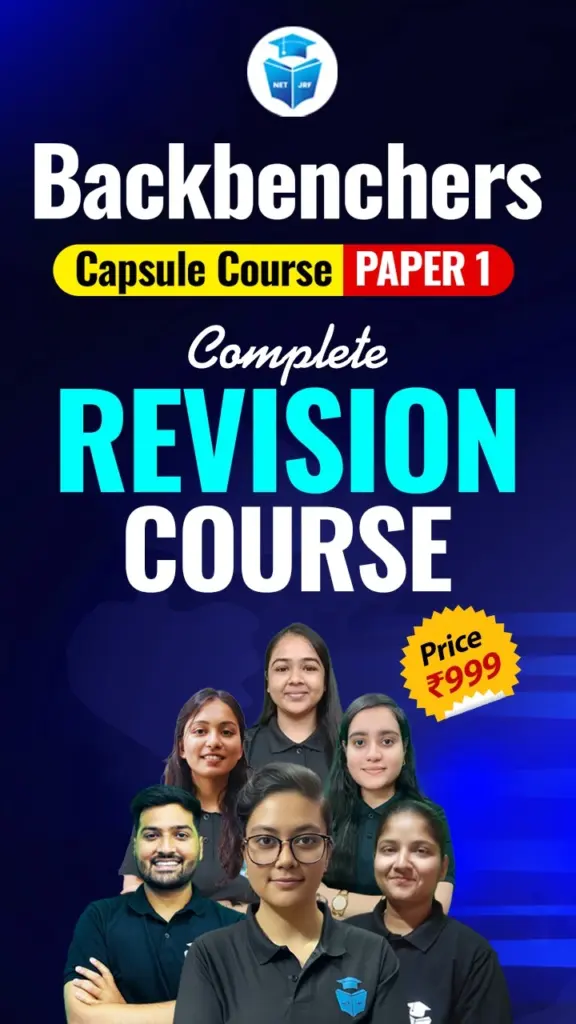UGC NET Visual Art 2025 exam is an important step for postgraduate aspiring candidates who want to establish a career in the teaching or research field of visual arts. Visual arts is a rich and diverse discipline that includes various traditional and contemporary practices in painting, sculpture, applied art, photography, and more. The UGC NET Visual Art 2025 exam is conducted by the National Testing Agency (NTA) to evaluate candidates’ eligibility for the Junior Research Fellowship (JRF) and Assistant Professorship roles in various universities and colleges across India. The UGC NET Visual Art 2025 examination held on 5 January 2026 in Shift 2.
This article provides a detailed analysis of the UGC NET Visual Art 2025 syllabus, exam pattern, eligibility criteria, marking scheme, and career scope.
Also Read: UGC NET Exam Date 2025
UGC NET Visual Arts 2025 Overview
The UGC NET Visual Arts 2025 is a national-level exam that evaluates a candidate’s theoretical knowledge, conceptual understanding, aesthetic sense, and critical approach to art and culture. Here is the detailed overview related to the UGC NET visual arts 2025 exam:
| Exam | Details |
| Name | UGC NET Visual Arts 2025 |
| Exam Conducting Body | National Testing Agency (NTA) |
| Exam Level | National |
| Mode of Examination | Computer-Based Test (CBT) |
| Subjects Covered | Painting, Sculpture, Applied Arts, Visual Communication, Art History, and related areas |
| Purpose | Eligibility for Assistant Professor and/or Junior Research Fellowship (JRF) |
| Frequency | Conducted twice a year (June and December sessions expected) |
| Eligibility | Master’s degree in Visual Arts or equivalent with required minimum marks |
Also Read: UGC NET Selection Procedure 2025
What is UGC NET Visual Arts 2025?
The UGC NET Visual Arts 2025 exam is a specialized stream of the University Grants Commission National Eligibility Test (UGC NET), operated by the National Testing Agency (NTA). The UGC NET Visual Arts 2025 exam is a national-level, computer-based test (CBT) exam that is held twice a year (June and December) and assesses eligibility in the discipline of Visual Arts—covering domains like painting, sculpture, printmaking, applied art, and art history. The exam consists of two papers: Paper I (general) and Paper II (Subject Specific).
UGC NET Visual Arts Eligibility Criteria 2025
Candidates who want to appear for the UGC NET Visual Arts 2025 exam must meet specific educational qualifications, age requirements, and nationality criteria set by the National Testing Agency (NTA). These UGC NET Visual Arts Eligibility Criteria 2025 ensure that only eligible candidates can apply for Junior Research Fellowships (JRF) or Assistant Professorship roles. Below we have mentioned the detailed eligibility conditions:
UGC NET Visual Arts Educational Qualification
- Master’s degree (MFA/Fine Arts/Visual Arts) or equivalent from a recognized university.
- Minimum required marks:
- General category: 55% aggregate.
- Reserved categories (SC/ST/OBC-NCL/PwD/Transgender): 50% aggregate
- Candidates who have appeared for final Master’s exams and are awaiting results may apply provisionally, provided they submit proof of qualifying by the admission or result declaration deadline.
UGC NET Visual Arts Age Limit
- For JRF: Maximum 30 years (relaxation applicable per category).
- For Assistant Professor (eligibility): No upper age limit
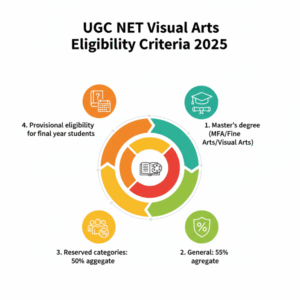
Also Read: UGC NET Eligibility Criteria 2025
UGC NET Visual Arts 2025 Exam Pattern
UGC NET Visual Arts 2025 exam pattern follows a comprehensive structure designed to evaluate candidates’ general teaching aptitude and subject-specific knowledge. The UGC NET Visual Arts Exam Pattern 2025 is set by NTA to give a fair chance to every candidate. Here we have mentioned a detailed breakdown about the exam pattern 2025:
| Paper | Focus Area | No. of Questions | Marks | Time Allocation |
| Paper I | Teaching & Research Aptitude | 50 | 100 | 3 hours, total for both papers |
| Paper II | Subject-specific (Visual Arts) | 100 | 200 |
Also Read: UGC NET Exam Pattern 2025
UGC NET Visual Arts 2025 Marking Scheme
The UGC NET Visual Arts 2025 exam follows a simple and transparent marking scheme. Each question in the UGC NET 2025 exam carries 2 marks with no negative marking, which encourages candidates to attempt all questions confidently. The UGC NET 2025 exam consists of two papers—Paper I (general aptitude) and Paper II (subject-specific)—and below we have mentioned the UGC NET Visual Arts Marking Scheme 2025 distribution:
| Paper | Number of Questions | Total Marks |
| Paper 1 | 50 | 100 |
| Paper 2 | 100 | 200 |
Also Read: UGC NET Exam 2025
UGC NET Visual Arts 2025 Minimum Qualifying Marks
To qualify for the UGC NET visual Arts 2025 exam, candidates must meet the minimum qualifying percentage in both Papers I and II, irrespective of JRF or Assistant Professor status. Candidates must secure these minimum scores in both papers separately to be eligible for merit ranking and award of JRF or Assistant Professor. For purposes like fellowship allotment (JRF), actual cut-offs are often higher due to competition, whereas Assistant Professor eligibility strictly follows these minimums.
| Category | Paper I | Paper II |
| General | ≥ 40 marks | ≥ 80 marks |
| Reserved (OBC, SC, ST, PwD, EWS) | ≥ 35 marks | ≥ 70 marks |
Also Read: UGC NET Subject Weightage 2025
UGC NET Visual Arts Syllabus 2025
The subject-specific Paper II for Visual Arts (Subject Code: 79) covers a comprehensive curriculum comprising 10 core units. Each focuses on theoretical understanding, historical perspectives, materials & techniques, and contemporary practices across diverse visual art domains.
Also Read: UGC NET Law Syllabus 2025
UGC NET Visual Arts Syllabus 2025 – Unit-wise Breakdown
Here is the unit-wise breakdown of the UGC NET Visual Art Paper II Syllabus topics:
| Unit | Topics |
| Unit 1: Fundamentals of Visual Art | Elements such as line, shape, form, space, colour, texture, tonal values, perspective; principles of composition (proportion, balance, unity, rhythm, emphasis), 2D & 3D representation; environmental, conceptual, and perceptual aspects |
| Unit 2: Interrelationship of Art Forms | Connections between visual arts and forms like performing arts, cinema, literature; shared principles like rhythm, space, structure, themes, and ideas |
| Unit 3: Traditional Media, Materials & Techniques | Stone carving, casting, pigments, frescoes, wasli preparation, intaglio/relief prints, miniature techniques across historical and regional practices |
| Unit 4: Modern & Contemporary Techniques | Installation, multimedia/digital art, computer-aided design, hyperrealism, multi-colour print, trompe-l’œil, and other emerging forms |
| Unit 5: Aesthetics & Art Appreciation | Theoretical frameworks in Indian and Western aesthetics; principles of art criticism and appreciation |
| Unit 6: Western Art History | Chronology from prehistoric to post-modern eras; key movements and stylistic changes in Western art |
| Unit 7: Early Indian Art History | Developments from prehistoric to 18th century; stylistic, thematic, material, and ideological transformations |
| Unit 8: Modern & Contemporary Indian Art | 19th–21st century: regional movements, prominent artists, evolution of art education, advertising, visual communication, and experimentation |
| Unit 9: Far Eastern & Central Asian Art Traditions | Study of art history from Far East, Southeast & Central Asia, and ancient Near East |
| Unit 10: Folk, Tribal & Traditional Visual Practices | Folk, tribal, and craft art forms of India: their traditional contexts and modern transformations |
Download UGC NET Full Official Syllabus PDF
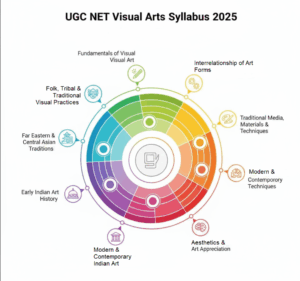
UGC NET Visual Arts 2025 Syllabus PDF Download
The UGC NET Visual Art syllabus PDF 2025 provides a detailed, official outline of the subject-specific topics for Paper II. It includes unit-wise content coverage across Drawing & Painting, Sculpture, Applied Art, Graphics, and Art History. The UGC NET Paper 1 is common for all candidates. UGC NET Visual Art syllabus PDF 2025 download and plan your preparation effectively, and ensure you cover all critical areas.
| Language | Download PDF Link |
| UGC NET Visual Art 2025 Syllabus in English | Download Link |
| UGC NET Visual Art 2025 Syllabus in Hindi | Download Link |
Also Read: UGC NET Syllabus 2025
UGC NET Visual Arts Question Paper 2024
The 2024 UGC NET Visual Arts exam featured questions that most candidates found of moderate difficulty, covering a balanced mix of fundamentals, art history, aesthetics, and techniques. Reviewing and solving these papers helps aspirants understand exam trends, time-management strategies, and the framing of questions across different shifts.
| Exam Name | Download Link |
| UGC NET Visual Arts 2025 (December session) | Download PDF |
| UGC NET Visual Arts 2025 (June session) | Download PDF |
UGC NET Visual Arts Previous Year Question Papers
Practicing UGC NET Visual Arts previous year question papers is essential for understanding the exam pattern, difficulty level, and types of questions asked in both Paper I and Paper II. These papers help candidates assess their preparation, identify important topics, and improve time management. Regular practice with PYQs can significantly boost accuracy and confidence before the actual exam.
| Exam Name | Year | Download PDF |
| UGC NET Visual Arts | 2024 | Download PDF |
| UGC NET Visual Arts | 2023 | Download Link |
| UGC NET Visual Arts | 2022 | Download Link |
| UGC NET Visual Arts | 2021 | Download Link |
| UGC NET Visual Arts | 2020 | Download Link |
| UGC NET Visual Arts | 2018 | Download Link |
Also Read: UGC NET Previous Year Question Papers
UGC NET Visual Art Career Scope 2026
Qualifying for the UGC NET Visual Arts 2025 exam significantly enhances career prospects in both academic and creative fields. Candidates who clear the exam become eligible for roles such as Assistant Professor in universities and art colleges across India. Those qualifying for JRF (Junior Research Fellowship) can pursue funded research and doctoral studies in areas like art history, applied arts, or contemporary visual practices. Beyond academics, opportunities also exist in museums, galleries, cultural institutions, design studios, and content creation. The UGC NET credential adds professional credibility, opens doors to government and private sector roles, and provides a strong foundation for a long-term career in the visual arts.
Also Read: Career Options After UGC NET
UGC NET Visual Arts Preparation Tips 2026
Preparing for the UGC NET Visual Arts 2025 exam requires a strategic balance of theory, practice, and revision. Since Paper II is subject-specific and Paper I tests general aptitude, your preparation should be comprehensive yet targeted. Here are some effective tips:
- Understand the Syllabus Thoroughly: Start by downloading and studying the official UGC NET Visual Arts syllabus. Break it down unit-wise and create a study plan that covers each topic systematically.
- Prioritize High-Weightage Units: Focus more on frequently asked topics like Indian and Western Art History, Aesthetics, and Contemporary Practices. Analyze PYQs to identify commonly repeated areas.
- Practice with Previous Year Papers: Solve at least the last 5 years’ question papers. This builds familiarity with the paper pattern and helps improve time management and accuracy.
- Prepare Notes and Visual References: Make concise notes with key concepts, artist names, movements, and dates. For visual art, refer to images, artworks, and styles to strengthen recognition and context.
- Master Paper I (General Aptitude): Don’t ignore Paper I—it carries 100 marks. Practice reasoning, comprehension, teaching aptitude, and research methods regularly using mock tests and question banks.
- Use Standard Reference Books & Journals: Refer to books by renowned authors in Indian and Western art, UGC NET guides, and NCERT fine arts books. Supplement reading with academic articles and exhibition catalogs.
- Take Mock Tests Regularly: Simulate the exam environment with full-length mock tests. Evaluate your performance, identify weak areas, and revise accordingly.
- Stay Updated: Engage with current visual art discourse—exhibitions, online galleries, and contemporary art forums. Understanding the evolving context adds depth to your answers.
Also Read: UGC NET Preparation Tips
UGC NET Visual Arts 2025 FAQs
What is UGC NET Visual Arts 2025?
UGC NET Visual Art 2025 is a national-level exam conducted by the NTA to assess eligibility for Assistant Professor roles and to award JRF in the field of Visual Arts.
Who is eligible for UGC NET Visual Arts 2025?
Candidates must have a Master’s degree in Visual Arts or a related subject with at least 55% marks (or 50% for SC/ST/OBC-NCL/PwD/Transgender candidates) from a recognized university.
What is the exam pattern of UGC NET Visual Arts 2025?
The exam comprises two papers:
- Paper I: General Paper on Teaching and Research Aptitude- 50 questions (100 marks)
- Paper II: Subject-specific (Visual Arts)- 100 questions (200 marks).
What is the age limit for UGC NET Visual Arts 2025?
- For JRF, the upper age limit is 30 years (with age relaxations for reserved categories).
- For Assistant Professor, there is no age limit.
How can I download the UGC NET Visual Arts 2025 syllabus PDF?
You can download the Visual Arts syllabus (Subject Code 79) from the official NTA UGC NET website under the “Syllabus” section and also from the above-mentioned links.

